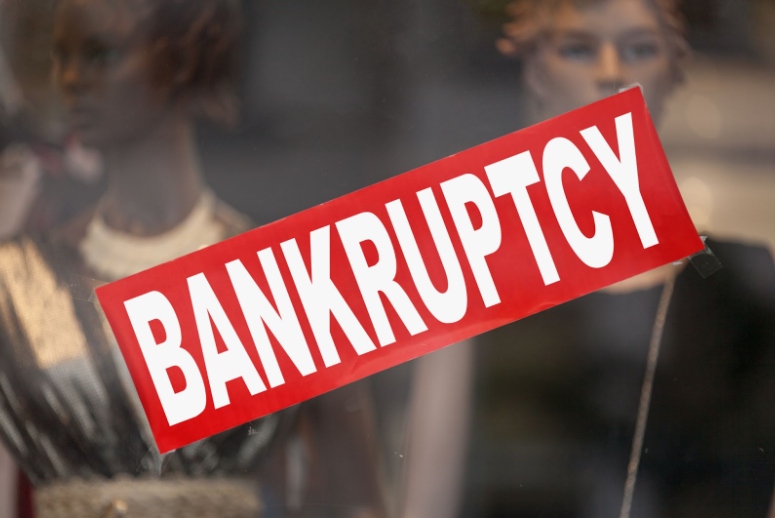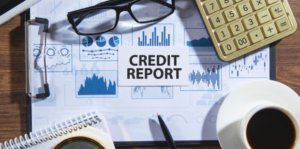
Is Bankruptcy the Right Option for Your Debt Situation?
Accumulating debt can sometimes feel like an inevitable storm. Whether through unforeseen medical bills, divorce, credit card debts, or personal loans, many find themselves overwhelmed by financial obligations.
Bankruptcy is a legal procedure for those who cannot repay their debts to get a fresh start. It provides a structured means of clearing certain debts, but it’s essential to recognize that it’s just one of many potential solutions to address financial challenges.
Just like there’s no one-size-fits-all answer in medicine, debt relief also offers multiple avenues. Bankruptcy is on one end of this spectrum, and understanding its intricacies can guide whether it’s the right path for an individual’s situation.
Bankruptcy Basics: What’s It All About?
Think of declaring bankruptcy as pressing a big red “reset” button on your financial problems. It’s a way for people who can’t pay back what they owe to get some breathing space and start over.
Once you say, “I’m declaring bankruptcy”:
- Creditors, or the people you owe money to, have to stop their chasing. So, things like taking money directly from your wages or taking you to court will stop.
- You will have to give up some assets you own. This is so it can be sold, and the money is used to pay back some of what you owe.
- Bankruptcy can show on your credit report and public records for up to 6 or 7 years.
The Long Journey After Bankruptcy
Even though bankruptcy can give you a break from your debts right away, it’s got some long-lasting effects you should know about:
Credit Report Marks

When you declare bankruptcy, it’s like getting a big red stamp on your financial report card. This stamp stays there for up to 6 or 7 years. So, if in the future you want to borrow money or get a credit card, the lender might see that stamp and think twice before lending to you.
Not All Debts Go Away
Bankruptcy might get rid of a lot of your debts, but not all of them. Things like student loans (less than 7 years old), money you need to pay for child support, or any fines from court don’t get cleared. You’ll still have to pay for those.
Benefits of Declaring Bankruptcy
While the word “bankruptcy” often carries negative connotations, it’s undeniable that for some, it serves as a vital lifeline in a turbulent sea of debt. One of the immediate benefits is the automatic stay that goes into effect, which means that for a time, creditors can no longer hound debtors. This provides individuals with a much-needed break from the relentless calls and letters.
Also, by declaring bankruptcy, certain debts are wiped clean, freeing individuals from the shackles of ever-mounting bills. For those drowning in high-interest, unsecured debts like credit cards, this fresh start can serve as the sunrise after a very long and dark night, paving the way for a future free from these financial burdens.
Life After Bankruptcy: Rebuilding Credit
Emerging from bankruptcy is akin to recuperating after an illness; it requires careful steps to regain full health. In financial terms, this means rebuilding one’s credit. While the initial stages may seem daunting, with consistent effort, one can gradually rebuild their creditworthiness.
Starting with secured credit cards or loans with a co-signer are ways to re-enter the world of credit. Additionally, ensuring all bills are paid on time, and saving even small amounts regularly can help paint a picture of financial responsibility to future lenders.
Common Misconceptions about Bankruptcy
The world of bankruptcy is riddled with myths. Many believe it’s an “easy way out,” not realizing the long-term implications it can have on one’s credit. Others might think that declaring bankruptcy means losing everything they own, when, in reality, some personal assets are often exempt.
Some even believe that all debts are wiped clean with bankruptcy, only to be caught off guard when they realize they still owe on certain liabilities. Dispelling these myths and having a clear understanding is essential to making an informed decision.
Is Bankruptcy Right for You?

The decision to declare bankruptcy is deeply personal and varies from individual to individual.
Before making such a momentous choice, it’s essential to evaluate one’s financial landscape, understand all available options, and most importantly, seek professional guidance. Only with all the information in hand can one truly determine if bankruptcy is the correct path forward. Bankruptcy is regarded as the last resort, so you need to speak with a debt expert at EmpireOne Credit to explore other debt solution options that will perfectly work for you without losing your assets.
Consumer Proposal: An Alternative to Bankruptcy
For many individuals wading through financial difficulties, the word “bankruptcy” looms large, casting an intimidating shadow. However, before taking that leap, there’s another option that might be better: consumer proposal.
A consumer proposal is a legal agreement between you and your creditors. This agreement is tailored to your capability to repay a portion of the debt you owe, making it a manageable and structured process. Your debt can be reduced by up to 80%, while interest will stop immediately. You don’t have to go bankrupt to avoid overwhelming debt. Call us at (416) 900-2324 to schedule a free consultation. Being debt-free feels good!





